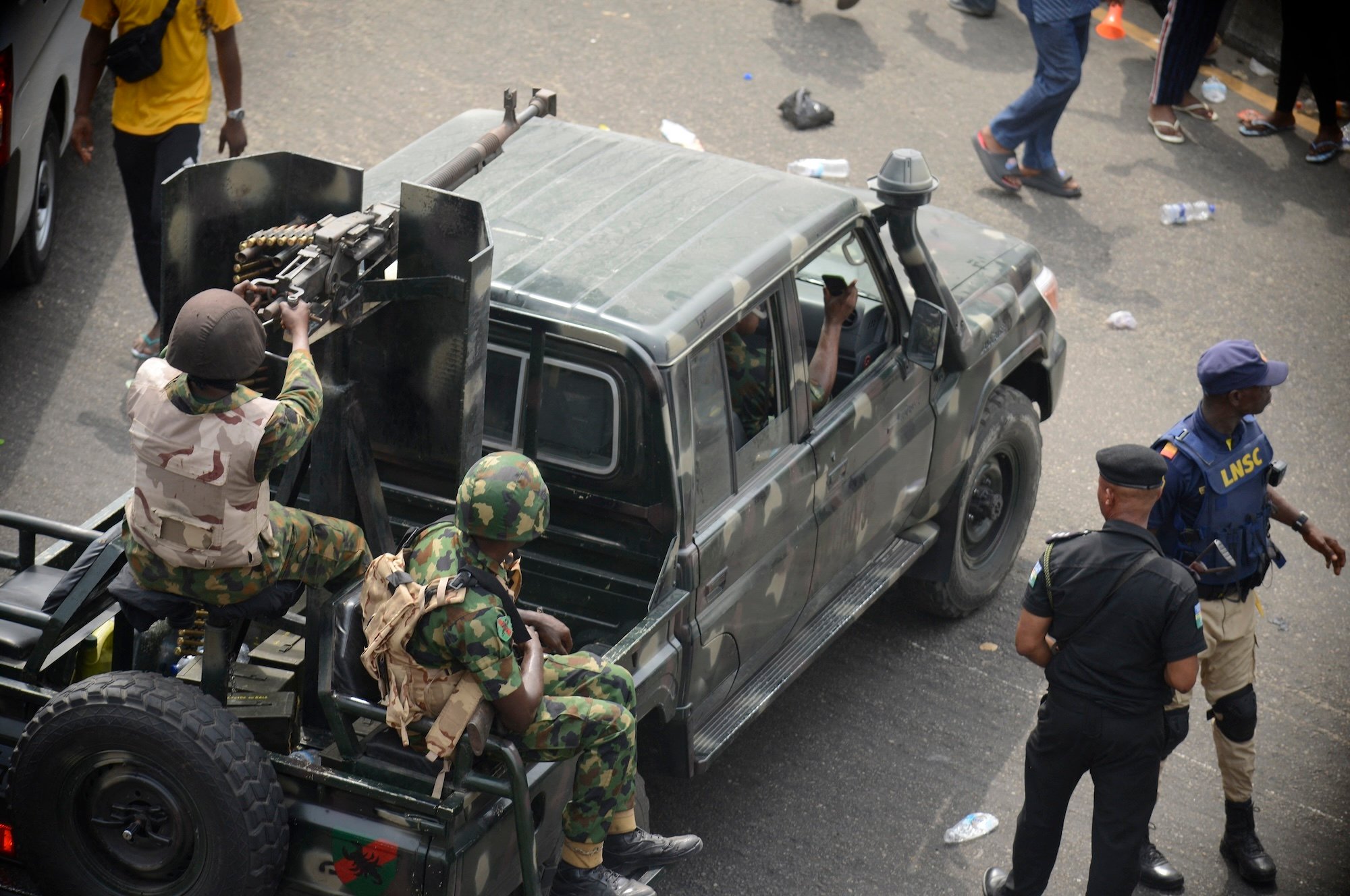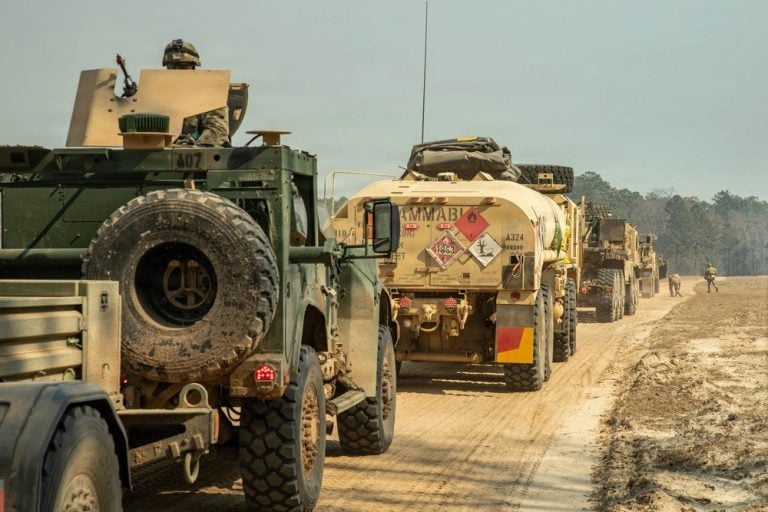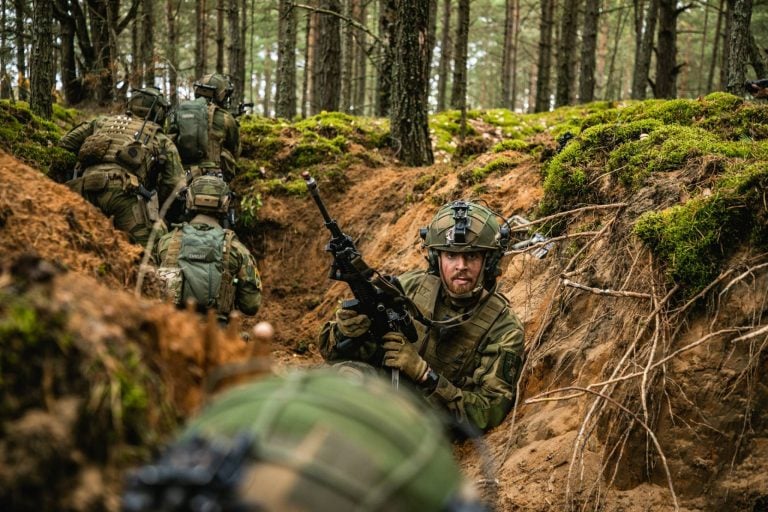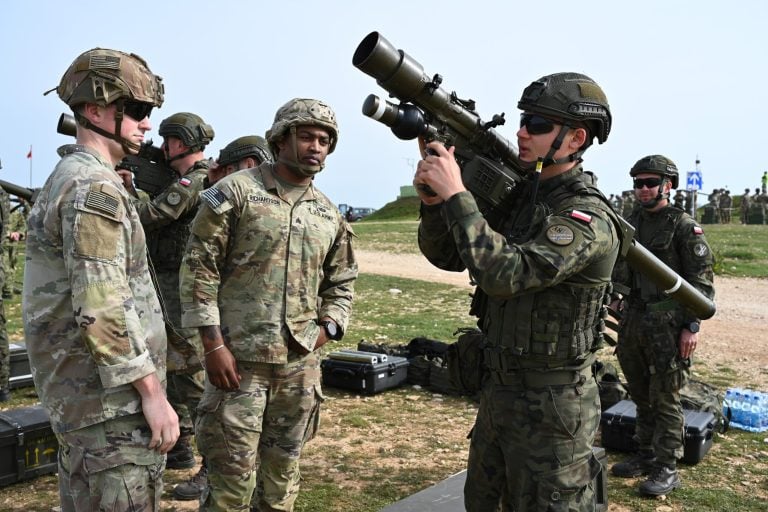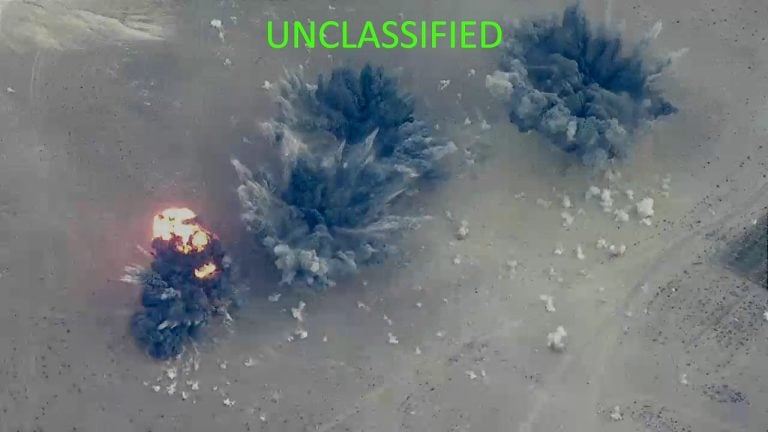The Nigerian military has claimed responsibility for killing over 100 members of a criminal gang during a coordinated air and ground raid over the weekend in the northwest region of the country. This operation, carried out in the Bukkuyum local government area of Zamfara state, took place in the early hours of Sunday and targeted a large gathering of more than 400 bandits hiding in the Makakkari forest camp.
According to a conflict monitoring report prepared for the United Nations and reviewed by AFP, the aggressive military action appears to be a response to a troubling increase in banditry and kidnappings that has plagued the state in recent weeks. Bukkuyum, in particular, has witnessed a surge in violence, exemplified by a bandit attack on Friday that resulted in the abduction of residents and the death of 13 security personnel. The military’s intelligence suggests that the bandits were planning another attack on a farming village when the troops ambushed their camp.
For years, armed groups referred to as “bandits” by local communities have terrorized rural areas in northwest and central Nigeria. These gangs engage in a variety of criminal activities such as raiding villages, kidnapping for ransom, and burning homes after looting. The underlying issues stem from longstanding conflicts over land and water rights between herders and farmers, which have escalated into organized crime, exploiting communities that often lack effective governmental presence.
Cattle rustling and kidnapping have turned into lucrative criminal enterprises, significantly affecting the impoverished rural population. Additionally, these groups impose taxes on local farmers and artisanal miners, further exacerbating the hardships faced by residents. The violence has compounded an existing malnutrition crisis in the northwest, as ongoing attacks drive people away from their agricultural livelihoods. This situation has been further complicated by the impacts of climate change and reductions in western aid.
Despite the Nigerian military’s increased deployments to combat these threats since 2015 and the establishment of a militia force by the Zamfara state government two years ago, the violence continues to escalate. In a recent instance, in July, Nigerian troops reportedly killed at least 95 members of an armed gang in a confrontation accompanied by air strikes in the northwest state of Niger.
The military’s efforts, however, are reportedly being hindered by overstretched resources, with banditry now spreading beyond its traditional strongholds in northwestern Nigeria into central regions. Moreover, there are growing concerns that these bandit groups, primarily motivated by financial gain, are forging alliances with jihadist organizations engaged in a separate, long-standing insurrection in Nigeria’s northeastern states. The challenges posed by these criminal elements call for urgent and effective responses to restore security and stability to affected communities.
